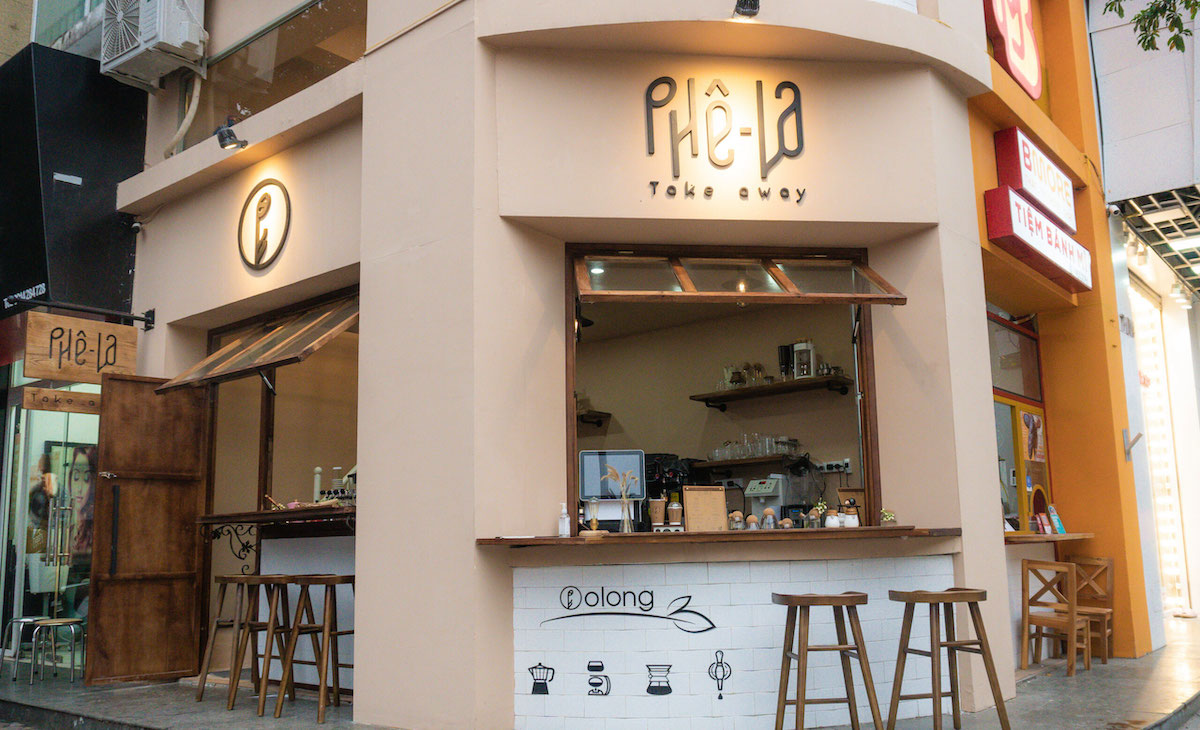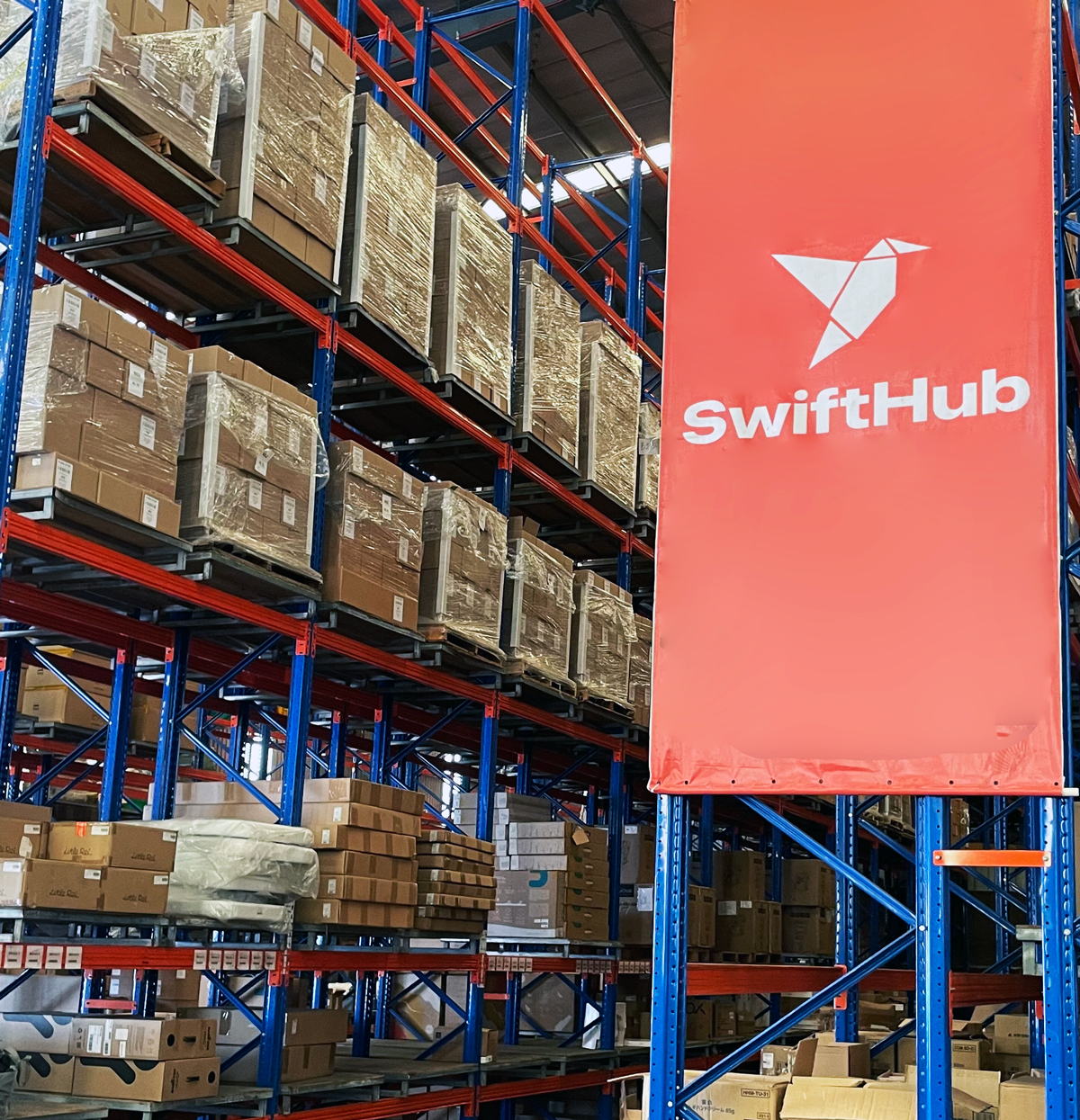Vietnam’s e-commerce market is experiencing explosive growth, projected to reach an astounding $39 billion by the end of this year. Platforms like TikTok Shop are at the forefront of this digital revolution, with its gross merchandise value (GMV) surging 99% to $3.8 billion in 2024, making it the nation’s second-largest e-commerce platform after Shopee. As competition heats up, innovative affiliate programs are becoming crucial. Across the waters, Indonesia’s unique “TikTok Go” model offers compelling insights that could unlock new revenue streams and reshape commerce in Vietnam.
For Vietnamese businesses and creators, understanding and adapting Indonesia’s success with TikTok Go – a novel location-based affiliate program – could be key to tapping into the vibrant, digitally-savvy local market.
TikTok Go: Bridging Online Engagement with Offline Purchases in Indonesia

Launched in Indonesia, TikTok Go incentivizes creators to tag physical locations such as restaurants, salons, or tourist attractions in their video content. When users purchase vouchers through the platform and redeem them offline, creators earn a commission, typically between 2-8%. This model cleverly bridges the gap between online social media engagement and tangible offline sales.
Indonesia, with its 125 million TikTok users and status as the app’s largest e-commerce market after the U.S., provided fertile ground for this innovation. The program allows creators with over 1,000 followers to promote local businesses, with notable successes like Roti’O selling over 100,000 baked goods and Chatime over 58,000 milk teas via the scheme. Integrated with platforms like Tokopedia and Traveloka, TikTok Go enables seamless voucher purchases and in-store redemptions using QR codes.
Crucially, TikTok Go’s strength lies in its ability to drive foot traffic to physical stores. This became particularly advantageous in Indonesia following a 2023 social commerce ban on in-app transactions, which pushed TikTok to acquire a stake in Tokopedia and pivot towards offline conversions. The model thrives on authentic, location-specific content, particularly from nano and micro-creators (1,000–10,000 followers) who build trust and encourage impulsive local purchases.
|
Feature
|
TikTok Go (Indonesia)
|
TikTok Shop Affiliate (Vietnam)
|
|---|---|---|
|
Focus
|
Offline purchases via location-based vouchers
|
Online purchases via shoppable videos/livestreams
|
|
Commission Rate
|
2-8% per voucher redemption
|
1.4-15% per online sale
|
|
Creator Requirement
|
1,000+ followers
|
No strict follower minimum
|
|
Integration
|
Tokopedia, Traveloka for voucher purchases
|
In-app checkout, no external platform needed
|
|
Target Audience
|
Local consumers visiting physical stores
|
Online shoppers, especially Gen Z
|
|
Key Strength
|
Drives foot traffic to local businesses
|
Seamless in-app purchase experience
|
|
Regulatory Challenges
|
Navigates Indonesia’s social commerce ban
|
Faces scrutiny over unregistered products
|
Why Vietnam is Ripe for a Similar Model: Striking Parallels with Indonesia
Vietnam’s dynamic market shares many characteristics with Indonesia, suggesting that a TikTok Go-inspired approach could flourish here:
- Vibrant Offline Retail Scene: Major urban centers like Ho Chi Minh City and Hanoi boast bustling offline retail landscapes, from countless food stalls and cafes to spas and local shops. A location-based voucher system could effectively tap into this segment, which still accounts for approximately 60% of total retail spending in Vietnam.
- Power of Local Creators: Similar to Indonesia, Vietnamese consumers place significant trust in influencer content, with around 40% of TikTok users relying on it for purchase decisions. Leveraging local nano and micro-Key Opinion Consumers (KOCs) for authentic, location-based promotions could drive substantial engagement and conversions.
- Navigating a Dynamic Regulatory Landscape: Indonesia’s experience with its social commerce ban, which led to the TikTok-Tokopedia partnership, offers valuable lessons. Vietnam is also seeing evolving regulations, such as the recent removal of VAT exemptions for low-value imports and increased scrutiny over unregistered products. A Vietnamese TikTok Go model would need to proactively ensure compliance, potentially through strategic partnerships with local platforms like Zalo or VinID for voucher systems.
- The Mega Sales Phenomenon: Vietnamese consumers enthusiastically participate in mega sales events like Tet, 9.9, and 11.11, which drive significant spikes in both online and offline spending. A TikTok Go program could offer exclusive in-store discounts during these periods, complementing the success of online flash sales.
Applying the TikTok Go Strategy to Vietnam: A Roadmap
Adapting Indonesia’s TikTok Go for Vietnam could involve several key steps:
- Launch Pilot Programs: Initiate in major cities like Ho Chi Minh City and Hanoi, focusing on popular local service categories such as food and beverage, beauty, and wellness. Creators could promote vouchers for local experiences with competitive commission rates (e.g., 2-5%).
- Forge Local Partnerships: Integrate with established Vietnamese platforms like Zalo or VinID to manage voucher purchases and redemptions. This could streamline operations and navigate regulatory concerns related to in-app transactions for offline services.
- Champion Authenticity: Recruit and empower nano and micro-creators to produce relatable, engaging content. Think street food reviews, vlogs of spa visits, or explorations of local attractions, all driving trust and local commerce.
- Optimize for Key Shopping Events: Align promotions with major Vietnamese sales periods, offering unique in-store discounts to capture consumer interest and compete effectively.
- Prioritize Compliance and Logistics: Work closely with local authorities to ensure all promoted products and services are registered. For seamless offline fulfillment, consider partnerships with logistics providers. While the provided text mentions SwiftHub in an Indonesian context supporting Shopee, analogous solutions for voucher redemption processes would be key in Vietnam.
Challenges and Immense Opportunities
The Vietnamese market is not without its challenges. Fierce competition from Shopee, with its large and loyal user base, and the aggressive commission rates offered by newer entrants like Temu (reportedly up to 30%), will test any new model. Ensuring robust logistics for voucher redemption and maintaining strict regulatory compliance will also be critical.
However, the opportunity is vast. With 39 million TikTok users in Vietnam and a substantial offline retail sector, a TikTok Go-style program focused on local commerce could differentiate TikTok significantly. It offers a pathway to capture a large slice of the 60% of retail spending that currently happens outside traditional e-commerce.
Conclusion: Redefining Vietnamese Commerce
Indonesia’s TikTok Go has demonstrated the potent synergy between social media engagement and offline retail. By thoughtfully adapting this location-based affiliate model, Vietnam can unlock substantial new revenue streams for its creators and businesses. Leveraging nano-creators, integrating with trusted local platforms, and navigating the regulatory environment proactively will be key.
As Vietnam’s e-commerce market continues its meteoric rise towards the $39 billion mark, a localized “TikTok Go” could redefine how Vietnamese consumers discover, engage with, and shop at local businesses, blending the best of vibrant social media with rich real-world experiences. This innovative approach has the potential to further solidify TikTok’s position in Vietnam’s dynamic digital economy, driving both online and offline commerce to new heights.
View more:
Fulfillment warehouse service | Shopee

 Tiếng Việt
Tiếng Việt


